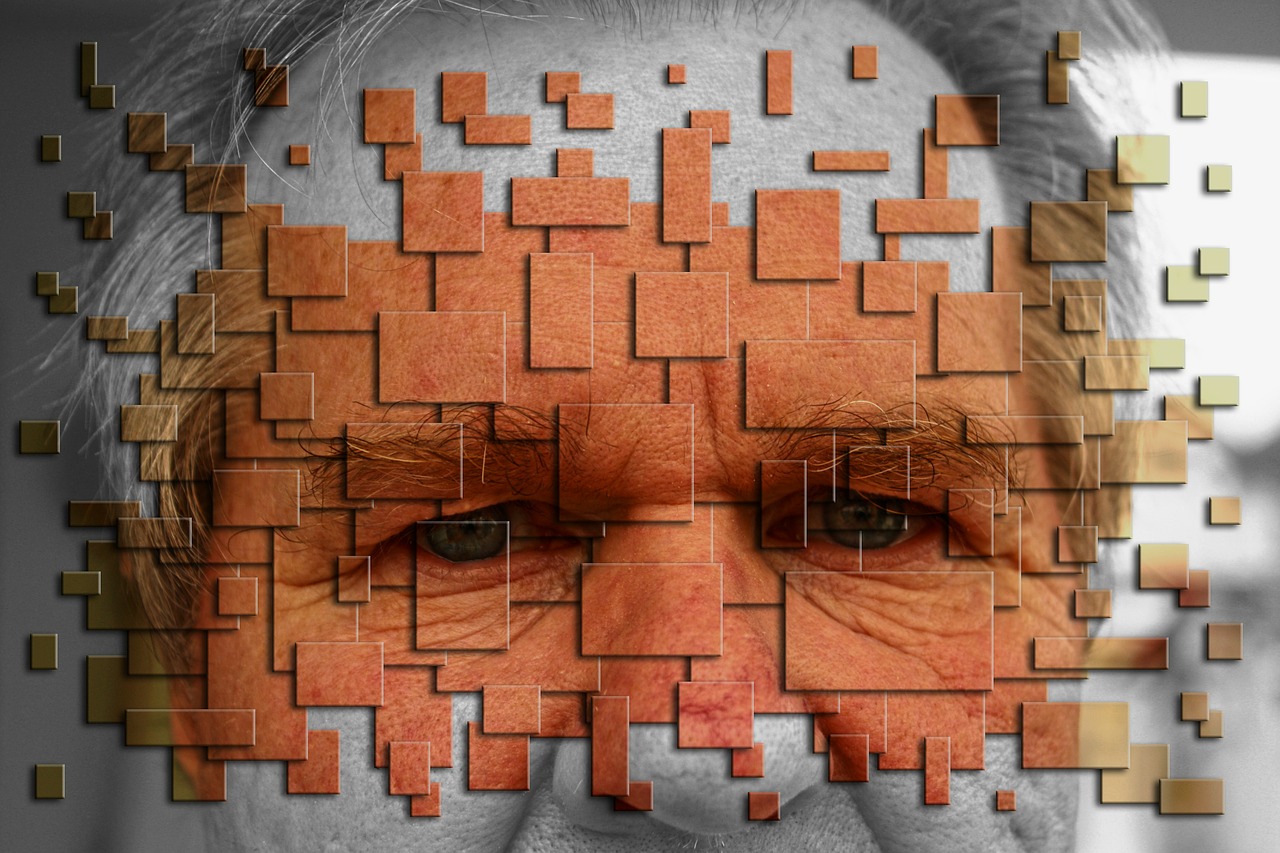This is written by Rimjhim Vaishnavi, a student of NUSRL
What is Psychology?
Psychology has been defined as a science which studies the mental aspect that determines human behaviour. In short, it studies the human mind and its effects on human behaviour. This includes conative, cognitive and affective aspects. Psychological studies cover the conscious and unconscious states of mind. Over time, many things have been included under the ambit of psychology. In the legal realm, it is helpful in determining the veracity of witnesses, mens rea of a criminal while committing the crime and above all, what punishment should be granted to a person keeping in mind his psychological frame of mind. Psychology to some extent has started seeing a criminal as a person having a mental disorder and therefore suggests that such persons should not be punished and should rather be medically treated.
Hence, there are many pros and cons of psychology under legal studies for which it is sometimes appreciated and other times criticised. However, it has undeniably become an integral part of the legal system in this era.
Relevance of psychology in law
A legal system is necessary for the proper functioning of a society since it tries to solve numerous problems existing in the society in today’s times. Though some legal authorities do not consider psychology as a discipline relevant to law, it is relevant as law embodies the theories of behaviour. The legal rules, procedures and doctrines reflect the basic assumptions of human nature.
- Psychology can help the present decision makers in making decisions by providing more accurate images and pictures of human perceptions and preferences.
- It helps to check the veracity of witnesses, as eyewitnesses are often known to be influenced by or afraid of the accused.
- It can also help in reducing false confessions by adopting peace models such as those that are highly used by the U.K. police.
- Psychological studies include the examination of different areas which have legal and social significance.
- It is based on the empirical and psychological research of legal institutions as well as law and focuses on legal psychology rather than clinically oriented forensic psychology.
- Pronouncing judgements considering the psychological aspects of the accused’s mind ensures justice in its real meaning.
There are two units of psychology which influence law and justice: legal psychology and forensic psychology, which together form psychology and law.
Legal Psychology
Legal psychology deals with cognitive and social principles and their usage in the legal system. It is based on empirical and psychological research of law along with legal institutions. It is different from forensic psychology which is based on the clinical orientation on experimentation. The relevance of legal psychology can be seen in legal proceedings in different manners:
- Academics and research– Legal psychologists basically conduct empirical research on new legal topics, which are yet to be popularised. They also work as mentors and guide the upcoming legal representatives.
- Advisory role– Many a time it is seen that legal psychologists plays an advisory role in court systems. They advise the judges and legal decision makers on some psychological issues pertaining to the concerned case.
- Trial consulting– Sometimes, legal psychologists also work for trial consulting. In some cases, a psychologist who works as an academician is called up as a trial consultant when their expertise is helpful in any particular case. Trial consultants play different roles such as picking up the jurors, performing mock trials, etc.
- Policy making and legislative guidance– A legal psychologist’s work is based on empirical research and many a time there is a need to establish some policies based on empirical research. Hence, in those times of crises they help the state and national lawmakers.
- Amicus briefs– Amicus briefs primarily means to provide opinions with a scientific backup and statistics. But the assistance which a legal professional provides in the form of amicus briefs is questionable.
- Expert witnesses– Legal psychologists are well trained to handle legal issues even though they have no formal training. They are helpful in testifying the witnesses. They also test the memory of eye witnesses whereas the forensic psychologist particularly testifies the competency of the defendant.
Forensic Psychology
Forensic psychology means applying psychology in understanding crimes and other legal concerns. American psychologists have defined forensic psychology as the application of clinical specialties in the legal arena. The ones who are experts in forensic law help with legal proceedings in different manners:
- Assessment of mental condition– Forensic psychology helps in analysing the mental condition with regards to the insanity plea, which is a tactic adapted by people to avoid death sentence and imprisonment. Hence, forensic psychology helps in determining whether a person is really suffering from any mental disorder or not.
- Prediction of violence and risk management– Forensic psychology also helps in determining whether a person has violent tendencies or not; this indicates the harm that can be inflicted by such person either upon himself or on others. This method is mainly applied when an accused is imprisoned or is set free.
- Assessment of Child Custody in Divorce– Determining the custody of a child after a divorce is the most crucial question and also a difficult decision to make as the child’s future is at stake. So the forensic psychologists analyse the couple and after evaluating the situation, they recommend to the judge or jury as to whom the custody of the child should be given.
- Competency to stand trial– Since the trial process is too long and tiring, it cannot be handled by mentally or physically ill people. Hence, forensic psychology helps in determining who can endure the trial and who should be immediately sent for psychiatric treatment.
Criticism of Psychology
- The most important and frequent criticism is that psychology is a science and science cannot grant certainty, whereas law requires certainty.
- It covers or is helpful only in a few areas of law like criminal law, family law, etc.
- The other criticism is regarding the work of a psychologist as amicus brief, where sometimes due to lack of training, amicus brief is just cited to support the personal beliefs of the psychologist.
Conclusion
As it has already been seen through various instances, no legal system is perfect. However, psychology is a step towards making a legal system perfect. Any study which relates psychological principles with legal applications is considered as legal psychology. Where on one hand, forensic psychology provides knowledge about the mental state of accused and witness and also provides information regarding the treatment of those mentally ill accused; on the other hand, the legal psychologists in the form of researchers and academicians help in developing the legal system by providing new perspectives to legal issues and by providing different solutions to it. Hence, the role which psychology plays in the legal system modifies our legal system and helps in maintaining justice, equity and good conscience.
LawSikho has created a telegram group for exchanging legal knowledge, referrals and various opportunities. You can click on this link and join:
https://t.me/joinchat/J_
 Serato DJ Crack 2025Serato DJ PRO Crack
Serato DJ Crack 2025Serato DJ PRO Crack











 Allow notifications
Allow notifications



[…] Must Read: Psychology and Law […]